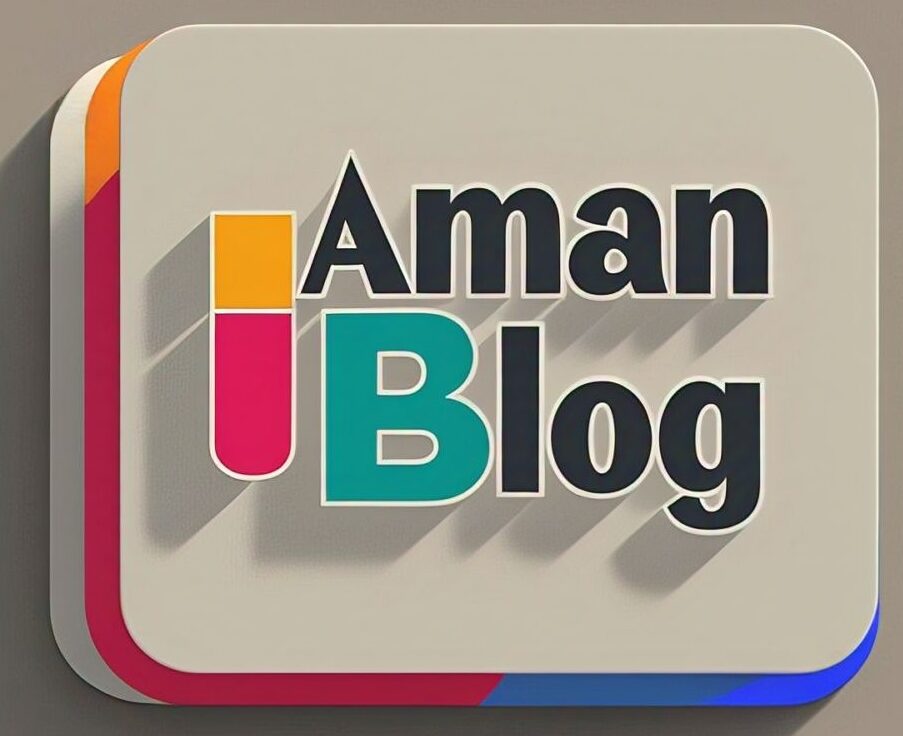📌 Introduction: What Happens If You Crash a Financed Car With Insurance?
Life happens fast — and sometimes that includes car accidents. But what if the vehicle you crashed is still under finance? You may be wondering: what happens if you crash a financed car with insurance? This can feel overwhelming, but don’t worry — this post breaks it all down in a human way.
If you’ve financed your car, it means a lender technically owns it until you pay it off. Crashing a financed car doesn’t just affect your daily routine — it affects your finances, credit, and insurance situation too. Let’s dive into what happens, who’s responsible for what, and how to protect yourself next time.
🚦 Overview: What Happens If You Crash a Financed Car With Insurance
Here’s a quick breakdown of how insurance typically works when a financed vehicle is involved in an accident:
- GAP insurance may save you from out-of-pocket losses.
- Lenders may require full coverage — liability won’t cut it.
🧠 In-Depth Review: What Happens If You Crash a Financed Car With Insurance
✅ 1. Immediate Steps After the Crash
- Ensure safety and call emergency services.
- Notify your insurance provider immediately.
- File a police report — especially if it involves another party or serious damage.
- Contact your lender if the car is significantly damaged or totaled.
✅ 2. Insurance Assessment
Your insurer will:
- Inspect the damage
- Determine whether the car is repairable or a total loss
- Offer you a settlement based on ACV (Actual Cash Value)
✅ 3. What If It’s a Total Loss?
- Your insurer writes a check to your lender, not you.
- If the ACV < loan balance, you’re responsible for the difference.
- That’s where GAP insurance comes in handy (explained below).

🌟 Key Benefits of Having Insurance on a Financed Car
| Insurance Feature | Benefit |
| GAP Insurance | Pays off the loan if ACV is less than remaining loan balance |
| Full Coverage Requirement | Most lenders require it to protect their investment |
| Quick Claims Process | Helps reduce stress and minimize financial burden |
🔍 Must-Have Features in Your Insurance Policy
When you’re financing a car, it’s not just about legality — it’s about financial security. Here’s what your policy should include:
✅ Collision Coverage
Essential when you’re at fault in an accident.
✅ Comprehensive Coverage
Covers damage from things other than a crash (fire, theft, weather, etc.).
✅ GAP Insurance
Bridges the “negative equity” gap — the difference between your loan amount and the car’s value.
✅ Liability Insurance
Covers bodily injury and property damage to others — legally required in most states.
💡 Practical Tips: How to Protect Yourself
1. Always Choose Full Coverage
Lenders usually require it — and it protects you, too.
2. Add GAP Insurance
Especially if you put down less than 20% or have a long loan term.
3. Know Your Vehicle’s Value
Use Kelley Blue Book or Edmunds to stay informed.
4. Review Your Loan Terms Regularly
Understand interest rates, payoff amount, and insurance clauses.
5. Drive Defensively
Avoiding accidents is always the cheapest insurance.
Read More : Can I Trade in a Car I’m Financing? Full 2025 Guide, Tips, FAQs & Comparison
🔚 Conclusion: Protect Your Financed Vehicle & Your Wallet
In short:
- You still owe the loan.
- Insurance may not cover the full amount.
- GAP insurance is your safety net.
- Acting fast helps limit losses.
Don’t wait until it’s too late. Review your policy today, ask your lender about requirements, and strongly consider adding GAP insurance if you haven’t already.
📣 Call-to-Action : What Happens If You Crash a Financed Car With Insurance
Thinking about financing a car or changing insurance?
Talk to your provider today about collision, comprehensive, and GAP insurance — and get peace of mind before the unexpected hits.
🧾 Comparison Table: Insured vs. Uninsured Financed Car Crash
| Scenario | With Insurance | Without Insurance |
| Minor Damage | Insurance covers repairs minus deductible | You pay 100% out-of-pocket |
| Total Loss | Insurance pays ACV (or more with GAP) | You owe the lender for the entire loan |
| Injuries Involved | Liability or medical payments coverage applies | You may face lawsuits or large personal medical bills |
| Loan Still Owed After Payout | GAP insurance covers it (if purchased) | You owe the difference with no help |
| Stress Level | Managed with clear steps and claim assistance | High — legal and financial headaches |
🙋 Frequently Asked Questions (FAQs)
❓1. Do I still owe money if my financed car is totaled?
Yes, unless the insurance payout fully covers your remaining loan or you have GAP insurance.
❓2. Can I stop making payments after my car is totaled?
No. You must continue payments unless the insurance or GAP insurance pays off the full loan.
❓3. What if someone else crashes my financed car?
Insurance typically follows the vehicle, not the driver. Your policy may still be responsible.
❓4. Will a crash increase my insurance premiums?
Yes, especially if you’re at fault. Safe driving and claim-free history help keep rates lower.
❓5. Is GAP insurance worth it?
Absolutely — especially if you’re upside-down on your loan. It’s a low-cost way to avoid huge losses.
